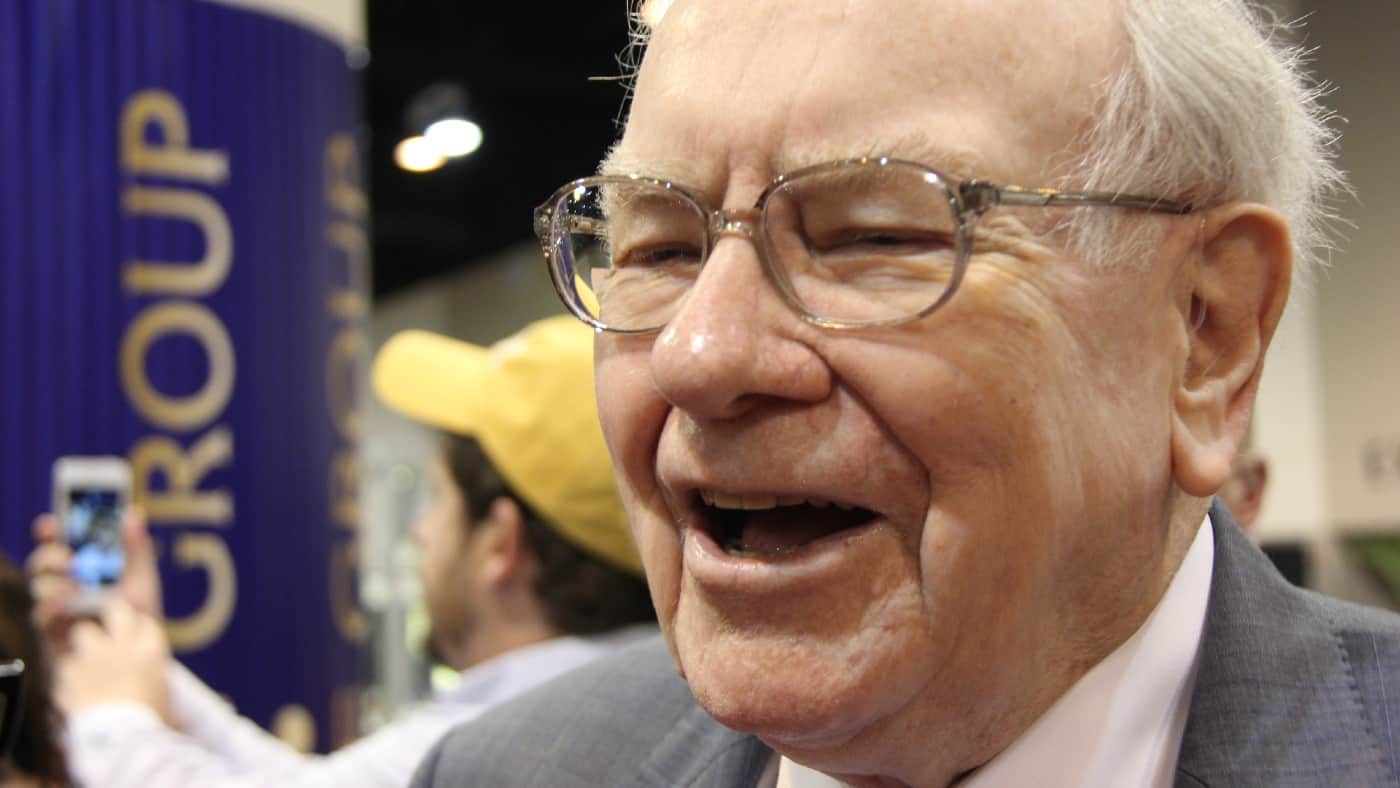Whilst it might not be a household name, Halma (LSE:HLMA) is a UK share that has become a model of consistency when it comes to delivering shareholder value.
For the last 19 years, Halma’s management team have consistently delivered record profits in each successive year. And if that wasn’t enough to catch my attention, then the fact that for 43 years in a row Halma has continued to increase its dividend payments by more than 5% is even more impressive.
Over the last 10 years, the FTSE 100 index has delivered total shareholders returns of 91%. However, over the same period Halma has delivered an impressive total shareholder return of 655%. It is an exemplar of consistent and reliable value generation that Warren Buffett, the great Sage of Omaha, would be proud of.
Having reviewed the upside, now let me explore what the market thinks of Halma. Surprisingly, given its previous track record, it is not such a positive outlook, with the shares having lost almost 30% of their value in the year to date. Having ended 2021 on a high of 3,200p per share, they have since had a rough-and-tumble journey into 2022, having bottomed out at 1,876p in June, before recovering some ground in recent times to 2,289p.
So has the market overreacted in its recent re-rating of Halma? Does this in turn present me with an opportunity to buy an undervalued stock, or does the current market price offer a fair and equitable reflection of the value presented by Halma shares?
To be honest, my investment analysis of Halma isn’t compelling either way. On one hand, Halma’s performance over the years has been the model of consistency on which investors can genuinely rely. On the other hand, however, it feels like that consistency and reliability of delivering shareholder returns has already been baked into the current share price.
Whilst Halma has delivered remarkable returns over decades, as a prospective investor today I am being asked to pay a high price for such consistent performance, which is amplified by the current price-to-earnings ratio of 35. As an investor who is trying to uncover value opportunities, I feel like these shares are already trading at a high premium and don’t therefore offer the margin of safety that I normally look for in an investment.
When assessing the opportunity to own part of a company that for decades has continuously demonstrated the ability to deliver consistent and reliable returns of shareholder value, my heart is willing me to invest. But I know from bitter experience that when I make investment decisions based on emotion, they very rarely work out for me.
So, for the moment my investing brain is going to overrule my heart and instead focus on investment fundamentals, which indicate that the current Halma share price is one that I am simply unwilling to pay.








